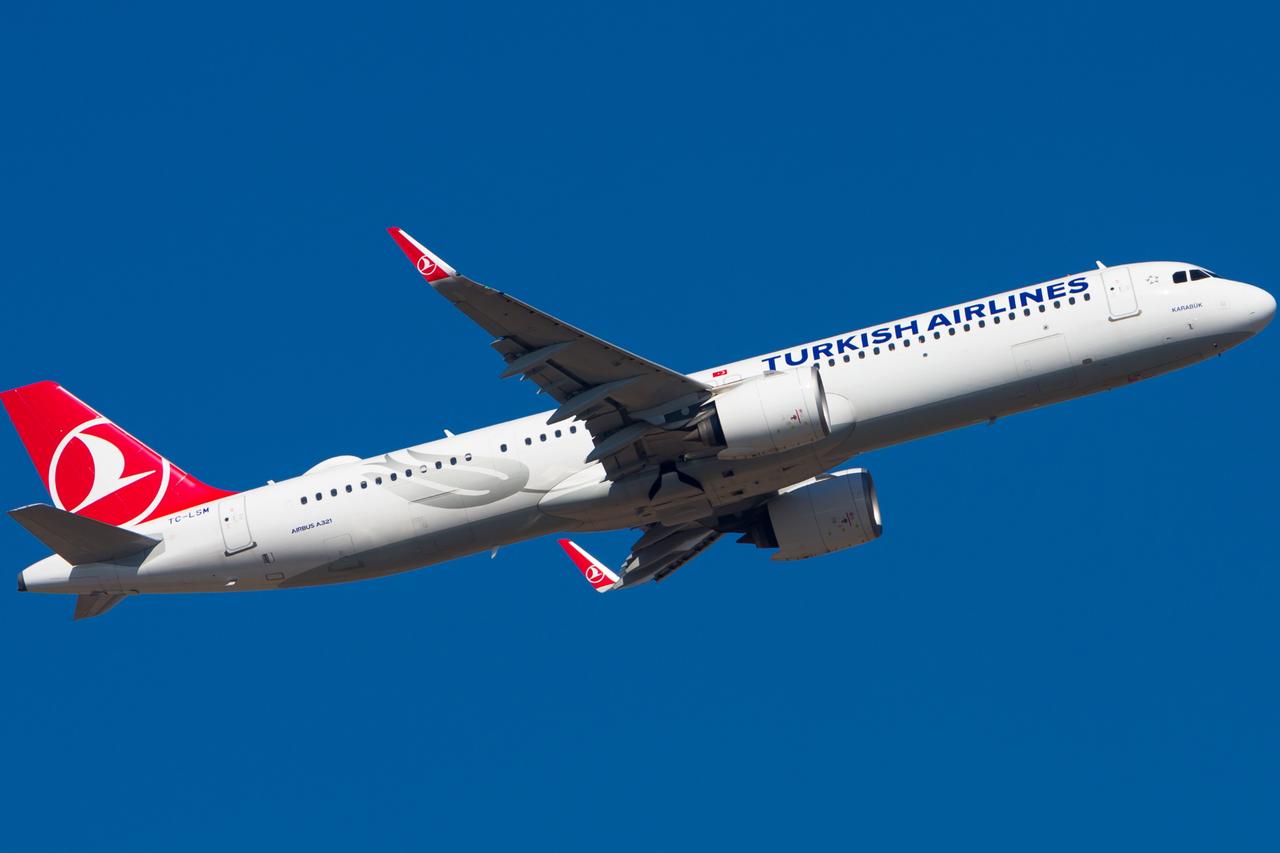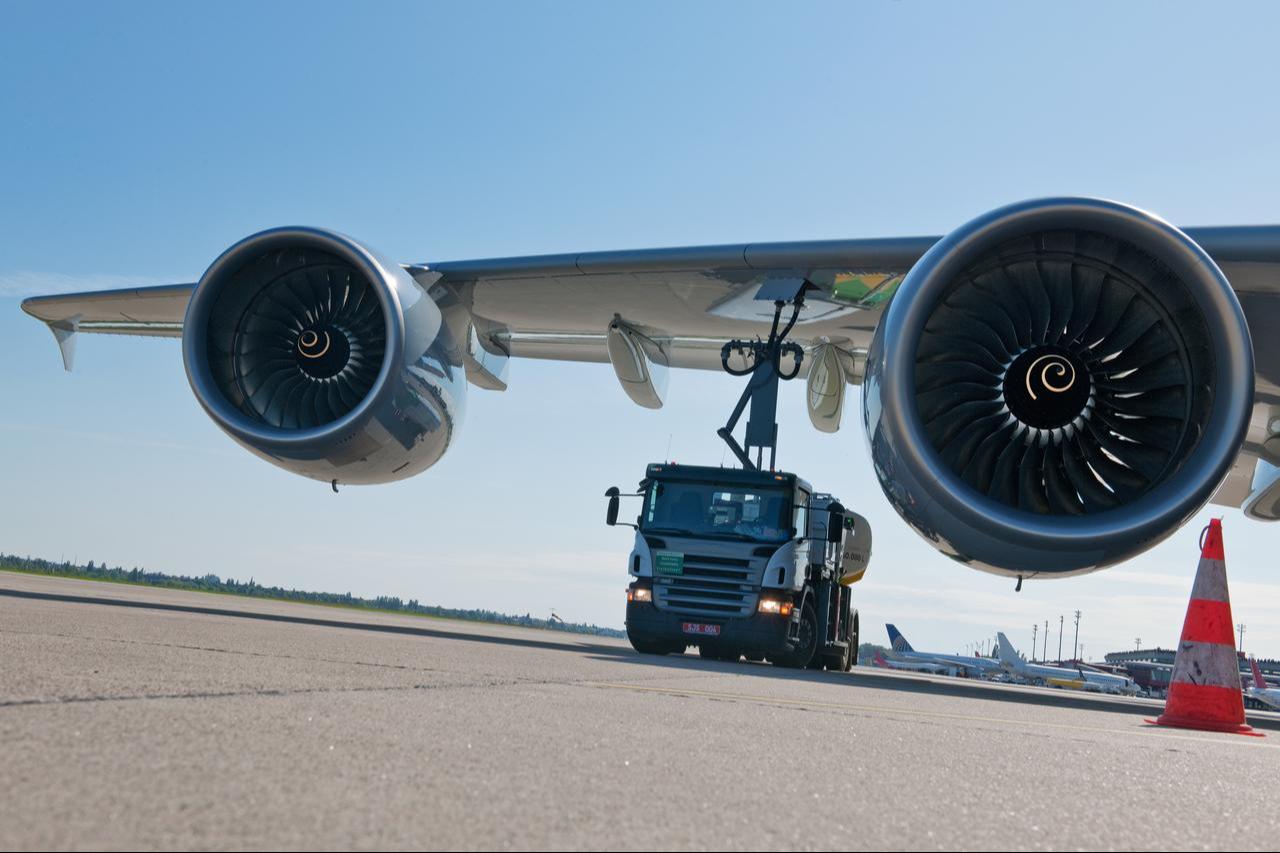
Türkiye’s flag carrier Turkish Airlines expects prolonged disruptions due to ongoing delays in the repair of Pratt & Whitney aircraft engines, with dozens of Airbus jets projected to remain grounded until at least mid-2027, according to company executives.
The airline began 2025 with 35 Airbus A320neo-family aircraft out of service because of unusually long engine repair waiting times, and that figure is expected to increase to 45 by the end of the year, representing more than 10% of its single-aisle Airbus fleet.
Speaking at a conference hosted by the International Society of Transport Aircraft Trading (ISTAT), Chief Financial Officer Murat Seker stated that the issue remains unresolved, according to Reuters. He added that the airline has received reasonable compensation from the company, although no details were disclosed.
The delays stem from maintenance bottlenecks affecting Pratt & Whitney engines, manufactured by U.S. aerospace group RTX Corp. On average, repair turnaround times have stretched to about 200 days, leaving aircraft grounded for months at a time. To ease the pressure, RTX projected that its maintenance, repair, and overhaul services will expand by 30% year-over-year, while acknowledging that this will still not be sufficient to meet demand.
Seker indicated that Turkish Airlines is not alone in facing these challenges. Other global carriers, including Hungary-based Wizz Air, have also been affected by the unusually long waiting periods.
He warned that the constraints will likely continue until mid-2027, with a "significant number of aircraft" remaining idle during that period.
The shortages have created ripple effects across the aviation industry, as fewer planes have forced airlines to reduce capacity, pushing up passenger airfares. Industry sources say the cost of spare parts has also risen sharply, fueling tougher negotiations between airlines and engine manufacturers over maintenance contracts.

Despite the current grounding, Turkish Airlines is pressing ahead with long-term fleet expansion plans. In September, the carrier announced an order for 225 aircraft from Boeing, including 150 of the 737 MAX model. The deal is contingent on finalizing engine supply arrangements with CFM International, a joint venture between GE Aerospace of the United States and France’s Safran.
The Boeing order follows the airline’s strategy to balance its Airbus fleet with new deliveries from another major manufacturer, sustaining its balanced growth toward the 2033 target of reaching 813.
Turkish Airlines, one of the world’s fastest-growing carriers, currently operates a fleet of nearly 400 aircraft.